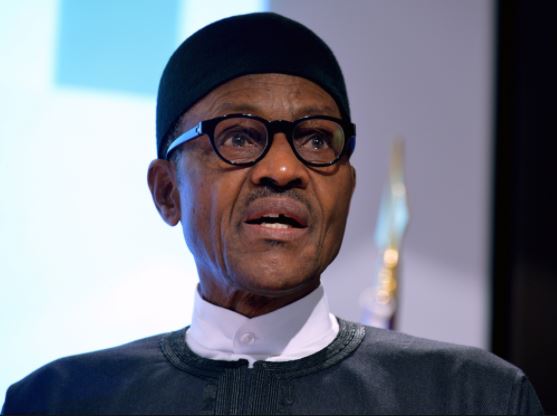French President Emmanuel Macron, making a lightning visit to Mali, on Sunday threw his weight behind a planned Sahel force to fight jihadists but told countries their efforts had to bear fruit.
The so-called "G5 Sahel" countries -- Burkina Faso, Chad, Mali, Mauritania and Niger -- have pledged to set up a joint force to combat the wave of Islamist bombings, shootings and kidnappings south of the Sahara.
Macron, joining the heads of state in the Malian capital Bamako for a special summit, hailed the initiative as "a dynamic, a groundswell which France is proud to back".
But, he said, "it will be up to you and your armed forces to demonstrate that the G5 can be effective, while respecting humanitarian conventions. The results have to be there to convince your partners."
Based in Sevare in central Mali, the 5,000-strong G5 Sahel force aims to bolster 12,000 UN peacekeepers and France's own 4,000-member Operation Barkhane, which is operating in the region.
Macron is also looking to extra backing from Germany, the Netherlands, Belgium and the United States -- which already has a drone base in Niger -- beyond a pledge of 50 million euros ($57 million) made by the European Union, a sum he described as "the start of a long-term commitment".
Serge Michailof, a researcher at the Paris-based IRIS institute, described the EU contribution as "a joke" given the EU's "very deep pockets" and the poverty of the Sahel countries.
"This force is going to cost $300-400 million (262-350 million euros) at the very least," he told AFP. Malian Foreign Minister Abdoulaye Diop gave a figure of $450 million.
Chadian President Idriss Deby has said his country cannot afford to mobilise large numbers of troops simultaneously for the UN peacekeeping mission and also in the new force.
Deby and Macron are due to meet on the margins of the Bamako summit to discuss the financial issue, according to the French presidency. Chad's military is widely viewed as the strongest of the five Sahel nations.
Al-Qaeda's Mali branch, meanwhile, offered a reminder of the jihadists' threat, with the release of a proof-of-life video of six foreign hostages.
The clip posted Saturday by Nusrat al-Islam wal Muslimeen, also known as the Group to Support Islam and Muslims, includes elderly Australian surgeon Arthur Kenneth Elliott and Frenchwoman Sophie Petronin.
Phased rollout
Macron visited Gao in northern Mali in May, his first foreign visit as president outside Europe, and promised that French troops would remain "until the day there is no more Islamic terrorism in the region".
France intervened to chase out jihadists linked to Al-Qaedawho had overtaken key northern cities in Mali in 2013.
That mission evolved into the current Barkhane deployment launched in 2014 with an expanded mandate for counter-terror operations across the Sahel.
The new Sahel force will support national armies trying to catch jihadists across porous frontiers, and will work closely with Barkhane.
Operations across Burkina Faso, Niger and Mali, all hit with frequent jihadist attacks, will be coordinated with French troops, a source in the French presidency told AFP earlier this week, while help would be given to set up command centres.













